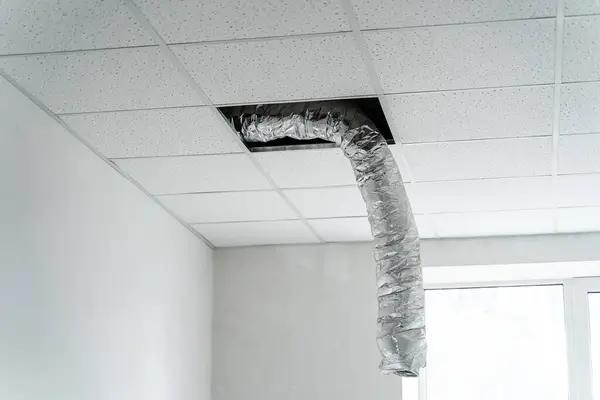Heating, ventilation, and air conditioning (HVAC) systems are essential for maintaining comfortable indoor environments. However, like any mechanical system, they can experience problems that disrupt their functionality. One common issue is poor airflow, which often stems from clogged filters or blockages in the ductwork. Reduced airflow not only affects comfort but also forces the system to work harder, leading to higher energy bills and potential wear on components. Professional HVAC repair technicians can identify the root cause of restricted airflow and address it by cleaning ducts or replacing filters to restore optimal performance.
Another frequent problem involves inconsistent temperatures throughout a home or building. This issue may result from thermostat malfunctions, unbalanced duct systems, or aging equipment struggling to meet demand. A professional technician has the expertise to recalibrate thermostats, inspect duct layouts for imbalances, and recommend repairs or upgrades to ensure even heating and cooling across all spaces.
Refrigerant leaks are another challenge commonly faced by HVAC systems with air conditioning units. Low refrigerant levels reduce cooling efficiency and can lead to compressor damage if left unresolved. Detecting these leaks requires specialized tools that professionals use to pinpoint the source of the problem safely. Once identified, they can seal leaks and recharge visit our resource center refrigerant levels according to manufacturer specifications.
Unusual noises coming from an HVAC system often signal underlying mechanical issues such as loose parts, worn-out belts, or failing motors. Ignoring these sounds could result in more extensive damage over time. Professional repair services involve thorough inspections of moving components to identify worn parts early on and replace them before they cause further complications.
Dirty coils within air conditioners or heat pumps are another culprit behind reduced efficiency and increased energy consumption. Over time, dirt accumulates on evaporator or condenser coils, hindering heat transfer processes essential for proper operation. Professionals have access to safe cleaning methods designed specifically for delicate coil surfaces without causing additional harm.
Finally, many homeowners encounter short cycling—when an HVAC system turns on and off frequently without completing a full cycle—often due to oversized equipment or faulty sensors. Technicians can assess whether improper sizing is at fault or if adjustments need to be made within internal controls.
Professional HVAC repair ensures issues are diagnosed accurately using advanced tools while providing long-term solutions that save money by improving efficiency and preventing costly breakdowns later on.




